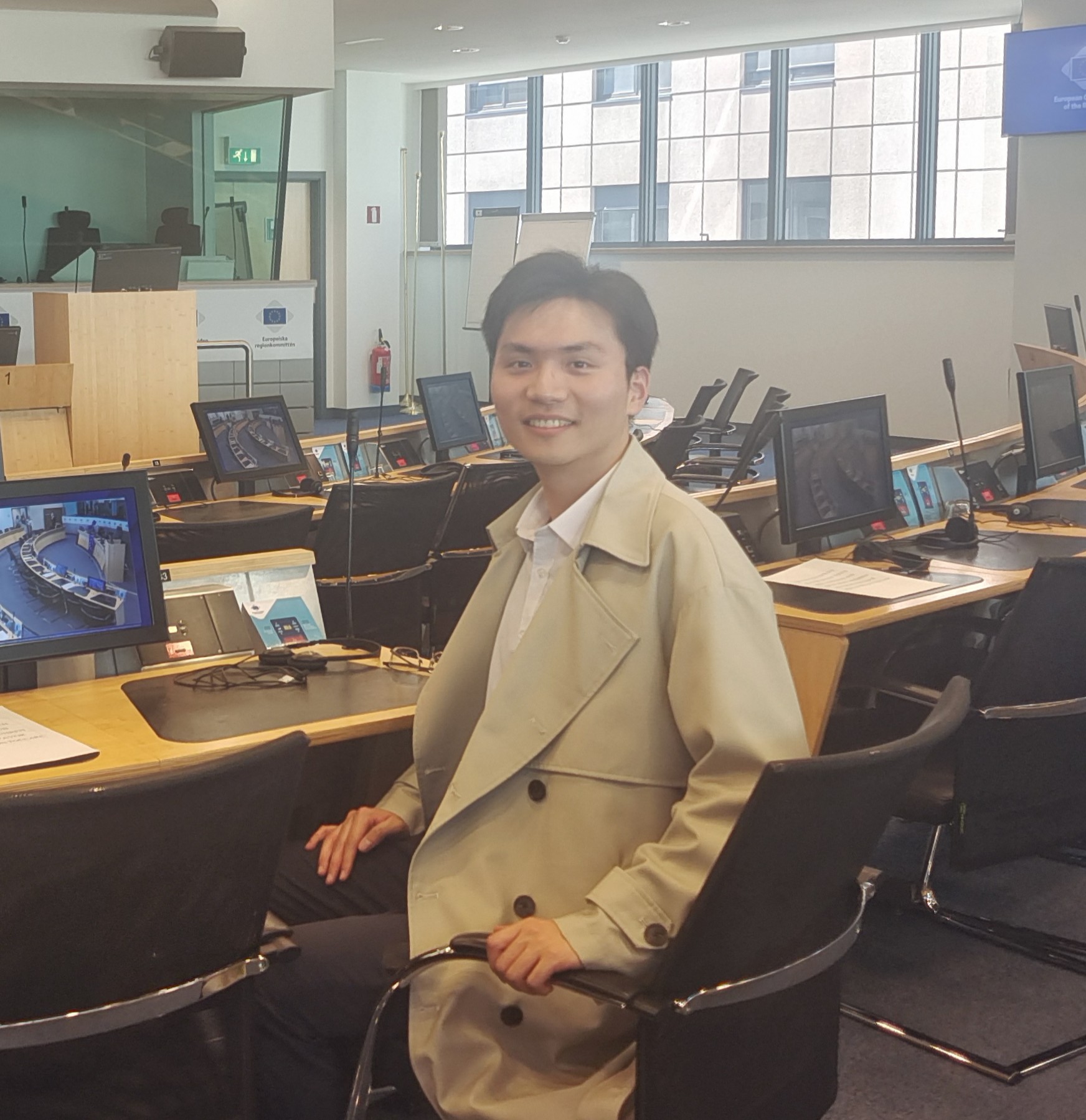People
Faculty
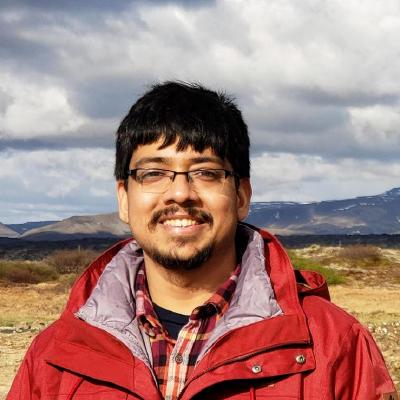
Subhayan Mukerjee
Subhayan Mukerjee is an Assistant Professor at the Department of Communications and New Media, and a principal investigator at the Centre for Trusted Internet and Community at the National University of Singapore. He researches online audiences using computational methods, and teaches courses in quantitative methods, programming, and data visualization.
Rongxin Ouyang
Rongxin Ouyang is an PhD student at the Department of Communications and New Media at the National University of Singapore. He researches the societal and political implications of digital media using computational, causal, or quantitative methods; with a particular interest in the inequality and audience engagement of social media.
Yuheng Wang
Yuheng Wang is a Ph.D. student in the Department of Communications and New Media at the National University of Singapore. His research interests include political communication and science communication. He is currently studying political microtargeting and the promotion of novel food, with a particular focus on alternative protein.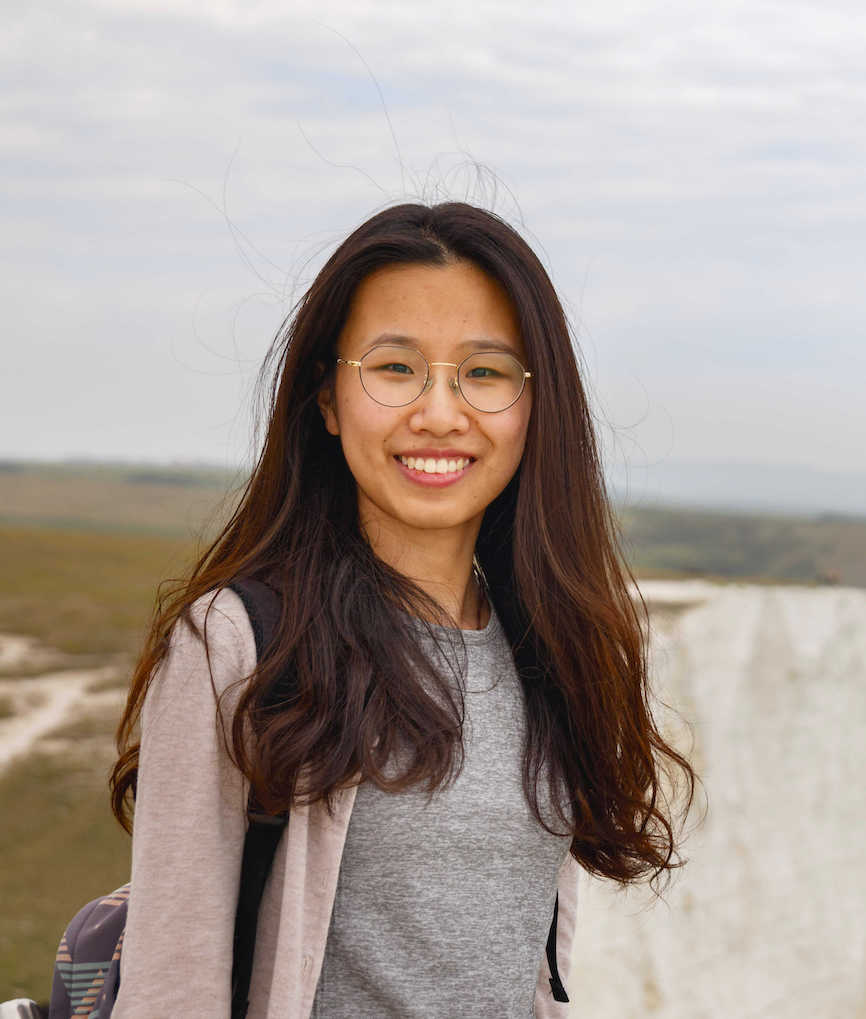
Yuanyuan Wu
Yuanyuan Wu is a postdoctoral researcher at the National University of Singapore, specializing in health communication, digital media, and online safety. Her research examines the causes, dissemination, and impact of online harms—such as misinformation and conspiracy theories—and investigates vulnerabilities and responses across diverse populations.
Gerard Christopher Yeo
Dr. Gerard Yeo is a Post-Doctoral Researcher at the National University of Singapore (NUS) Centre for Trusted Internet and Community. He received his Ph.D. in Data Science in 2024 from the Institute of Data Science, NUS. Prior to that, he earned a Bachelor’s and a Master’s Degree in Psychology from NUS. His research focuses on using computational models to analyze language and gain insights into psychological constructs such as affect and emotions. His first-author publications appear in journals and conferences such as Psychological Bulletin, Empirical Method in Natural Language Processing, and the Association for Computational Linguistics.
Jinyuan Zhan
Jinyuan Zhan is a Ph.D. student in the Department of Communications and New Media at the National University of Singapore. Her research interests lie in health communication, human-machine relationship and media psychology. She is currently investigating the potential harms of AI and how they could impact human's mental and physical health.
Renwen Zhang
Renwen Zhang is an Assistant Professor at the Department of Communications and New Media at the National University of Singapore. Her research lies at the intersection of health communication, human-computer interaction, and interpersonal communication. She examines the design, use, and effects of digital technology for promoting wellbeing and mental health.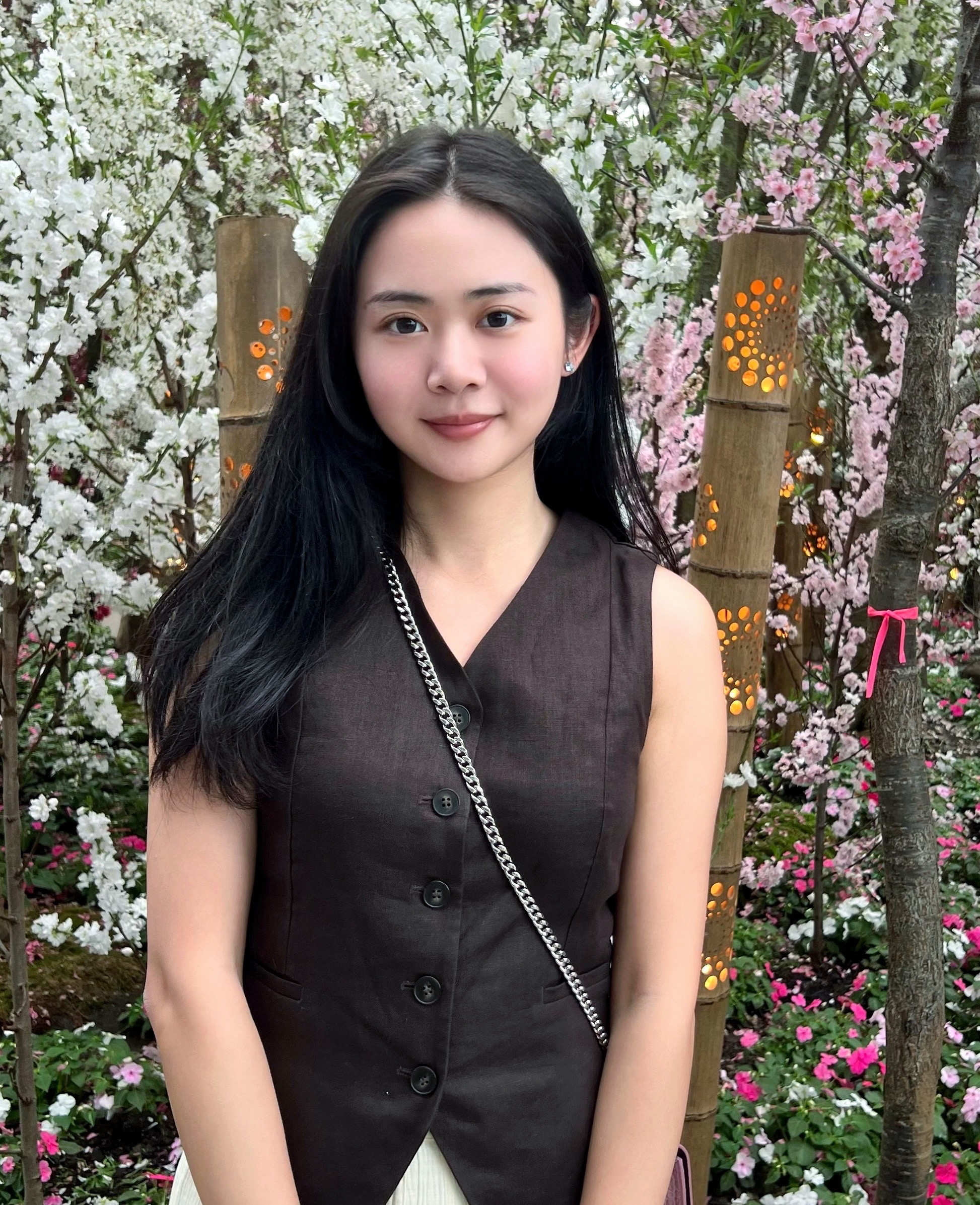
Kaiyao Zhuang
Kaiyao Zhuang is a Ph.D. student in the Department of Communications and New Media at the National University of Singapore. Her research interests lie in human-AI interaction and social psychology in new media contexts. Her current work explores power dynamics in human-chatbot relationships and their implications for users’ mental well-being.Speakers
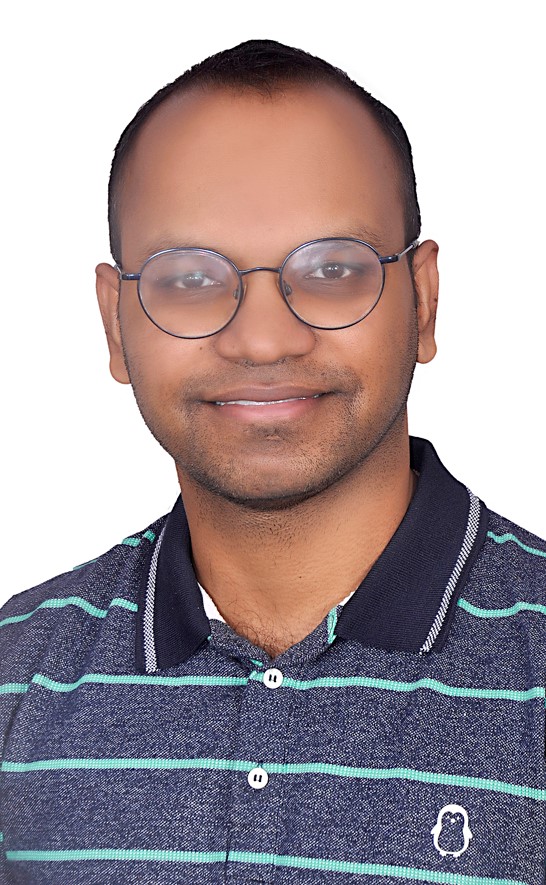
Prateek Bansal
Dr. Prateek Bansal is a Presidential Young (Assistant) Professor at the National University of Singapore (NUS). Before joining NUS in 2022, he was a Leverhulme Trust Early Career Fellow at Imperial College London and did a Ph.D. from Cornell, an MSc from UT Austin, and a BTech from IIT Delhi. Prateek leads the Behavioural Cognitive Science Lab at NUS and is a co-principal investigator of the Adaptive Mobility module at Future Cities Laboratory, Singapore. His research group is interested in creating new methods to address challenging questions related to mobility behavior and the adoption of emerging technologies at an individual level and an urban scale. His research has led to over 70 journal articles. Apart from top Transportation journals, he regularly publishes in interdisciplinary journals like Energy Economics and Statistics and Computing. He also serves as the editorial board member of Transportation Research Part A: Policy and Practice, Transportation Research Part B: Methodological, and Journal of Choice Modelling, among others. He is a member of the TRB’s standing committees on Travel Survey Methods (AEP25) and Travel Forecasting (AEP50), and a regular board member of the International Association of Travel Behavior Research (IATBR).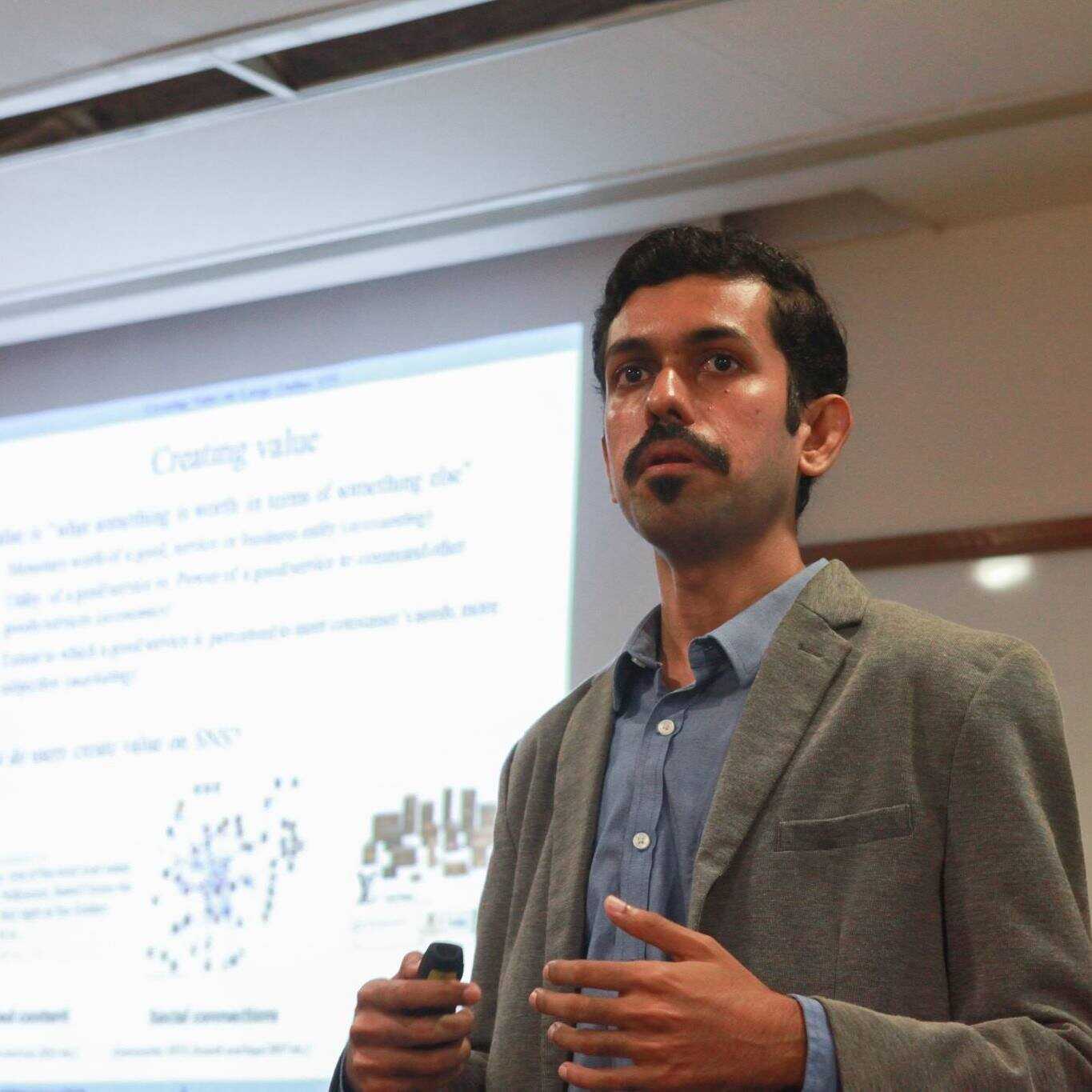
Prasanta Bhattacharya
Dr. Prasanta Bhattacharya is a Research Scientist and Innovation Lead with the Social and Cognitive Computing Dept. at the Institute of High Performance Computing (IHPC), A*STAR Singapore, where he works on network science and behavioral analytics. Prasanta holds a Ph.D in Information Systems from the Department of Information Systems and Analytics, National University of Singapore, where he studied network science with a special focus on predictive and inferential methods in large social networks. His current research agenda aims at understanding the role of big data in emerging social and business applications from finance, education and healthcare. Prasanta actively collaborates with major industry partners from around the world, and has presented his research in leading computer science, information systems and marketing science venues.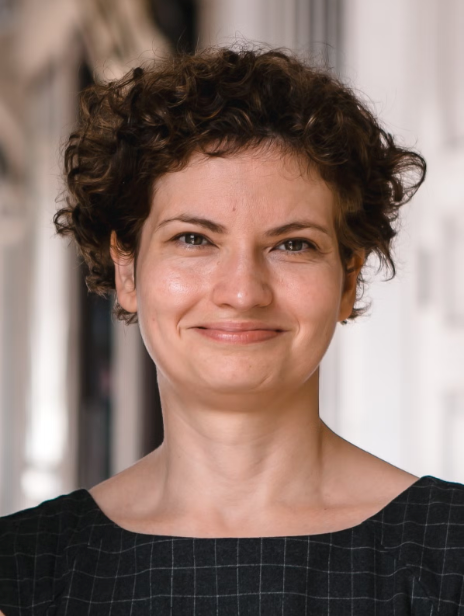
Hannah Clapham
Dr. Hannah Clapham is an Assistant Professor at the Saw Swee Hock School of Public Health at the National University of Singapore (NUS). She specializes in mathematical modelling and data analysis to understand the transmission and control of infectious diseases. Her research focuses on arboviruses (such as dengue and Japanese encephalitis), vaccine preventable diseases and sero-epidemiology. She is interested in the intersection between social science and the way we undertake transmission modelling, and how social science insight can be included within transmission models.
Douglas Guilbeault
Dr. Douglas Guilbeault received dual bachelor’s degrees in philosophy and rhetoric (with a minor in cognitive science) from the University of Waterloo, and a masters in Cognitive Linguistics from the University of British Columbia. He then completed a PhD in Communications in the Network Dynamics Group at the University of Pennsylvania’s Annenberg School for Communication. He is co-director of the Berkeley-Stanford Computational Culture Lab, and a founding member of the theoretical cognitive science and machine learning collective comp-syn (“computational synesthesia”). His work has appeared in a number of top journals, including Nature, Nature Communications, The Proceedings of the National Academy of the Sciences, and Management Science, as well as in popular news outlets, such as The Atlantic, Wired, and The Harvard Business Review. He has received top research awards from The International Conference on Computational Social Science, The Cognitive Science Society, and The International Communication Association.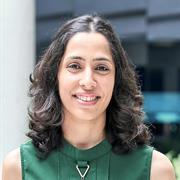
Kokil Jaidka
Dr. Kokil Jaidka is an Assistant Professor in Computational Communication. She has a Bachelor's degree in Engineering from PEC University of Technology, India, and a PhD in Information Studies from Nanyang Technological University, Singapore. Prior to joining the National University of Singapore, Kokil was a Senior Data Scientist at Adobe Research (2013-2016), a postdoctoral researcher at the University of Pennsylvania (2016-2018), and a presidential postdoctoral fellow at Nanyang Technological University (2018-2019). She has several patents to her name, as well as first-author publications in the Proceedings of the National Academy of Sciences, Journal of Computer-Mediated Communication, and Journal of Communication, among other venues.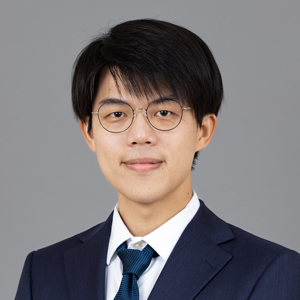
Yi-Chieh Lee
Dr. Yi-Chieh Lee is an assistant professor in the Department of Computer Science at NUS. He earned his Ph.D. in Computer Science from the University of Illinois Urbana-Champaign (UIUC). His research interests include human-computer interaction (HCI), CSCW, social computing, conversational user interfaces, and human-centered AI. His recent work focuses on designing AI conversational agents to promote mental well-being and health behaviour change. He is dedicated to designing AI systems for social good.
Swapnil Mishra
Dr. Swapnil Mishra is Assistant Professor at the National University of Singapore with a primary appointment at the Saw Swee Hock School of Public Health, and joint appointments at Institute of Data Science, and Department of Statistics and Data Science. His research focuses on applying and developing statistical machine learning techniques for the broader and messier world of science and public policy, especially global health. He develops flexible and scalable models for understanding various spatiotemporal data, for example, epidemics (COVID-19, Malaria, HIV) and crime. His other interest lies in understanding the evolution of popularity in social media. Dr. Swapnil's work focuses on algorithms to model point processes with classical machine learning techniques as well as using modern deep learning networks. His contributions to COVID-19 pandemic modeling, Bayesian inference, computational social science and machine learning earned him the prestigious NUS Presidential Young Professorship in 2024, NRF Fellowship in 2023, the Blackwell-Rosenbluth Award in 2022, and the SPI-M-O Award for Modelling and Data Support in 2022. In 2022, he co-founded the Machine Learning & Global Health network (www.MLGH.net), a collaborative initiative spanning three continents that brings together researchers to address global health challenges
Joe Simons
Dr. Joe Simons is a Principal Scientist II and Deputy Department Director in the Social & Cognitive Computing (SCC) Department at the Institute of High Performance Computing (IHPC). A social psychologist by training, he has extensive experience collaborating with computational scientists and leading interdisciplinary research teams. His work applies methodologies from both behaviorual and computational sciences – such as predictive modelling and language processing - to better address social-behavioural questions. His research has been featured in outlets including Communication Research, IEEE Pervasive Computing, and Media Psychology.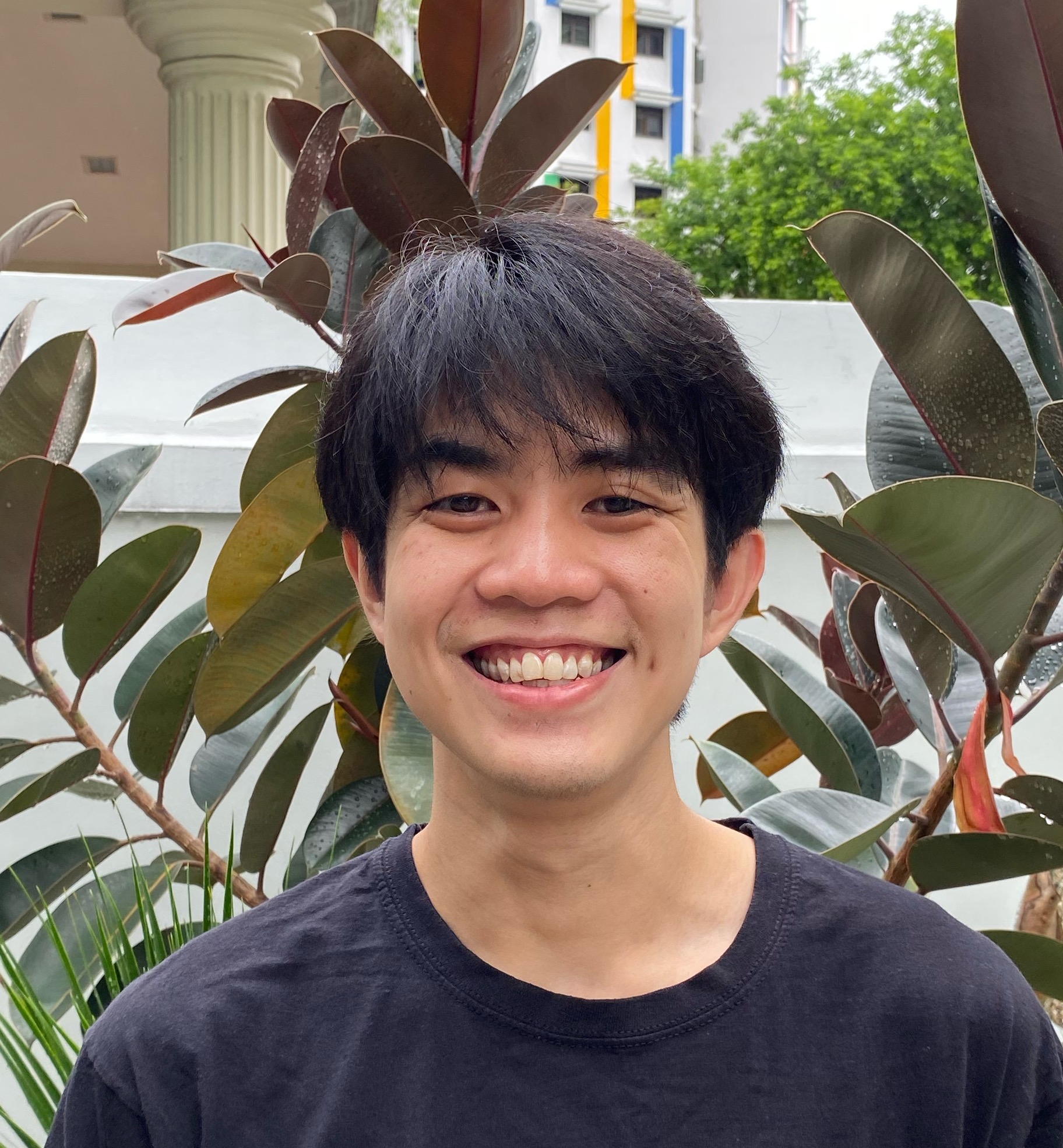
Siyuan Brandon Loh
Mr. Brandon's work focuses on the practical challenges of applying text analytics to qualitative research tasks like coding interview transcripts and extracting public perceptions from social media. Complementing this applied focus is his work on understanding how machines learn, with the goal of building machine learning models that perform more reliably in data-scarce scenarios.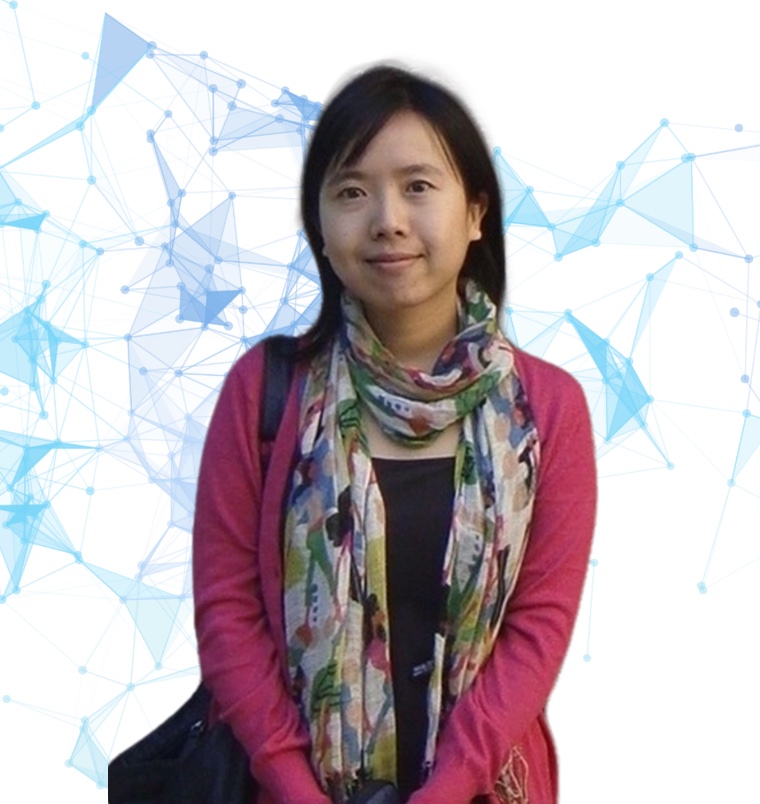
Celine Yunya Song
Dr. Celine Yunya Song is a tenured full professor in the Academy of Interdisciplinary Studies at the Hong Kong University of Science and Technology. Her research spans global communication, digital media, online social networks, social media analytics, cyber-psychology, and behavior. Her scholarship has straddled English, French, and Chinese cultures and media. She founded and directed the AI and Media Research Lab at the School of Communication, Hong Kong Baptist University. Her work has received numerous internal and external grants, including those from the General Research Fund (GRF), Public Policy Research (PPR) Funding Scheme, Humanities and Social Sciences Prestigious Fellowship Scheme (HSSPFS), and Quality Education Fund (QEF), as well as a fellowship from Ryerson University in Canada. She was the recipient of the HKBU President's Award for Outstanding Performance in Scholarly Work and is one of the few scholars in Hong Kong to have received the prestigious Fulbright Award twice. She serves as an associate editor for Computers in Human Behavior and Mass Communication and Society, and as editor of Communication & Society.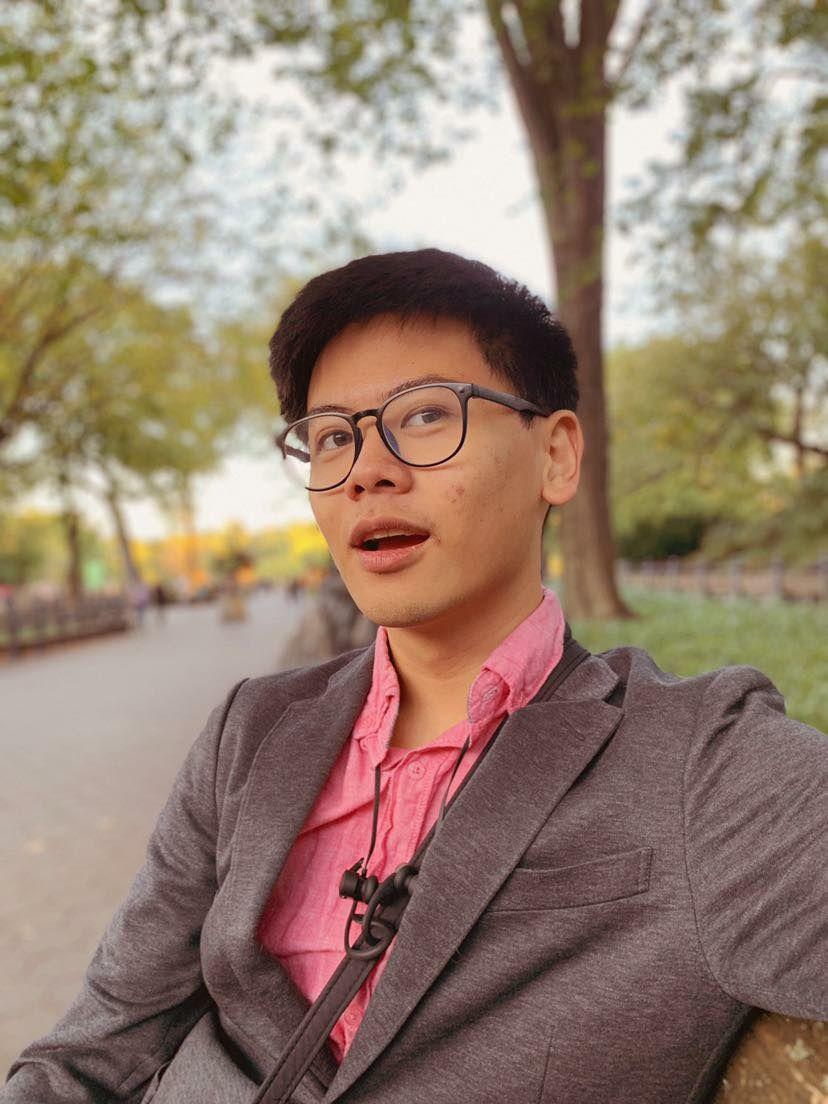
Joshua Uyheng
Dr. Joshua Uyheng is Assistant Professor at the Department of Psychology at the Ateneo de Manila University. His research tackles questions of online harms and collective meaning-making in contexts of political and technological change. He obtained his Ph.D. in societal computing from Carnegie Mellon University in 2024, where he was a Knight Fellow with the Center for Informed Democracy and Social Cybersecurity. He currently serves as the director of the Ateneo Political Psychology of Democratization Laboratory.
Renwen Zhang
Dr. Renwen Zhang (Ph.D., Northwestern University) is an Assistant Professor in the Department of Communications and New Media at the National University of Singapore. Her research lies at the intersection of health communication, human-computer interaction, and interpersonal communication. She employs mixed methods to examine the design, use, and effects of digital technology for promoting wellbeing and mental health. The first strand of Renwen's work focuses on sociotechnical issues related to the design, use, and deployment of digital health technology. The second strand of her work focuses on technology-mediated social interactions, with emphasis on self-disclosure, privacy management, and social support. Renwen's research is largely interdisciplinary, and she has worked closely with clinical scientists, computer scientists, and designers on various projects.
Jonathan Zhu
Dr. Jonathan Zhu is a Chair Professor of Computational Social Science at the City University of Hong Kong (CityUHK) with a joint appointment between the Department of Media and Communication, where he teaches computational research, and the Department of Data Science, where he teaches social foundations of data science. He has founded/co-founded a series of infrastructural entities for interdisciplinary research, including the Web Mining Lab, the MA Program in Communication and New Media, and the School (now Department) of Data Science at CityUHK, the Computational Methods Interest Group (now Division) of the International Communication Association (ICA), the Chinese Association of Computational Communication Research (CACCR), and the Laboratory for AI-powered Financial Technology (AIFT) in Hong Kong. His current research focuses on developing, deploying, and evaluating AI tools for social science research. He has published across multiple disciplines, including communication, political science, sociology, economics, computer science, information science, and medical informatics. He is an elected Fellow of ICA.Teaching Assistants
Participants

Cai Mengxuan, National University of Singapore
Mengxuan Cai (PhD) is a Research Fellow at the Centre for Trusted Internet Community, National University of Singapore. Her research spans political communication, gender, social media, misinformation and AI.
Chang Fangyuan, Shanghai Jiao Tong University
My research interest lies at the intersection between Human-Computer Interaction (HCI), Digital Ethnography and Studies of Technology and Society (STS). Through interdisciplinary methods, I strive to unravel the complexities inherent in the mutual shaping of humans/non-humans and technologies within daily practices. I have been actively involved in research related to the design, evaluation, and application of sensor-based technologies (e.g. Social Robots, Wearables, VR/AR) in long-term care and rural culture.
Chen Boying, Tsinghua University
I am a PhD student in School of Journalism and Communication at Tsinghua University. My research explores government response strategies, digital public engagement, and computational methods in communication.
Chen Chen, Nanyang Technological University
Hi! My name is Pauline. I’m a third-year PhD student at NTU, specialising in HCI. Before starting my PhD, I completed a Master’s degree in Data Science and Machine Learning at UCL and worked for about four years in industry as a Data Scientist. My current research focuses on deepfake detection and education. I investigate how human-AI collaboration can enhance individuals’ ability to recognise and respond to synthetic media. I’m particularly interested in designing interactive systems and educational tools that empower users to combat misinformation like deepfakes in the digital age.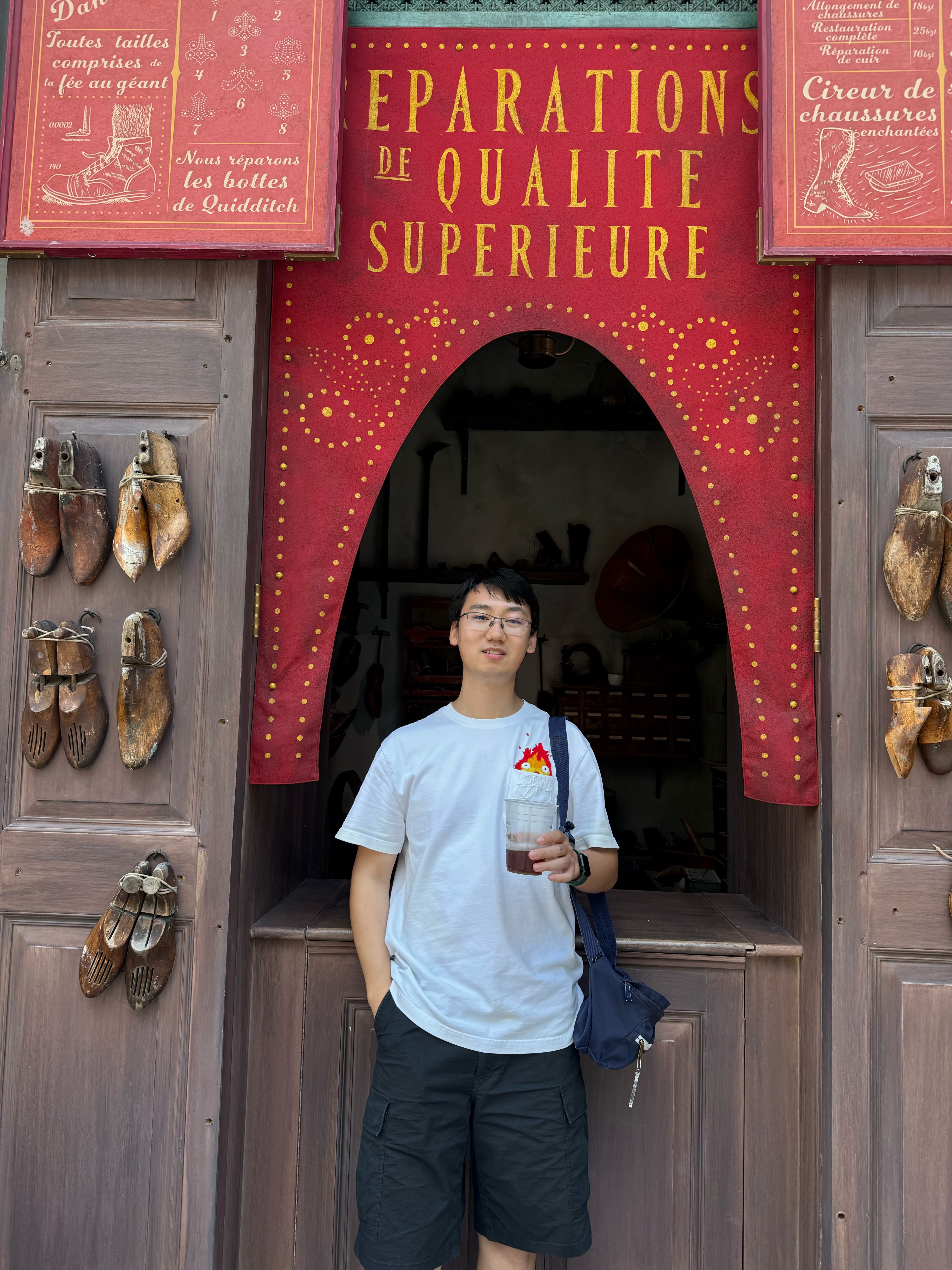
Dong Ruohong, University of Florida
I am a PhD student in sociology department, specializing computational sociology, health and demography. I apply NLP and statistical methods to investigate health, aging and social inequalities. I have experience in textual analysis and am committed to interdisciplinary approaches to explore social science insights. In my leisure time, I enjoy cooking and golfing.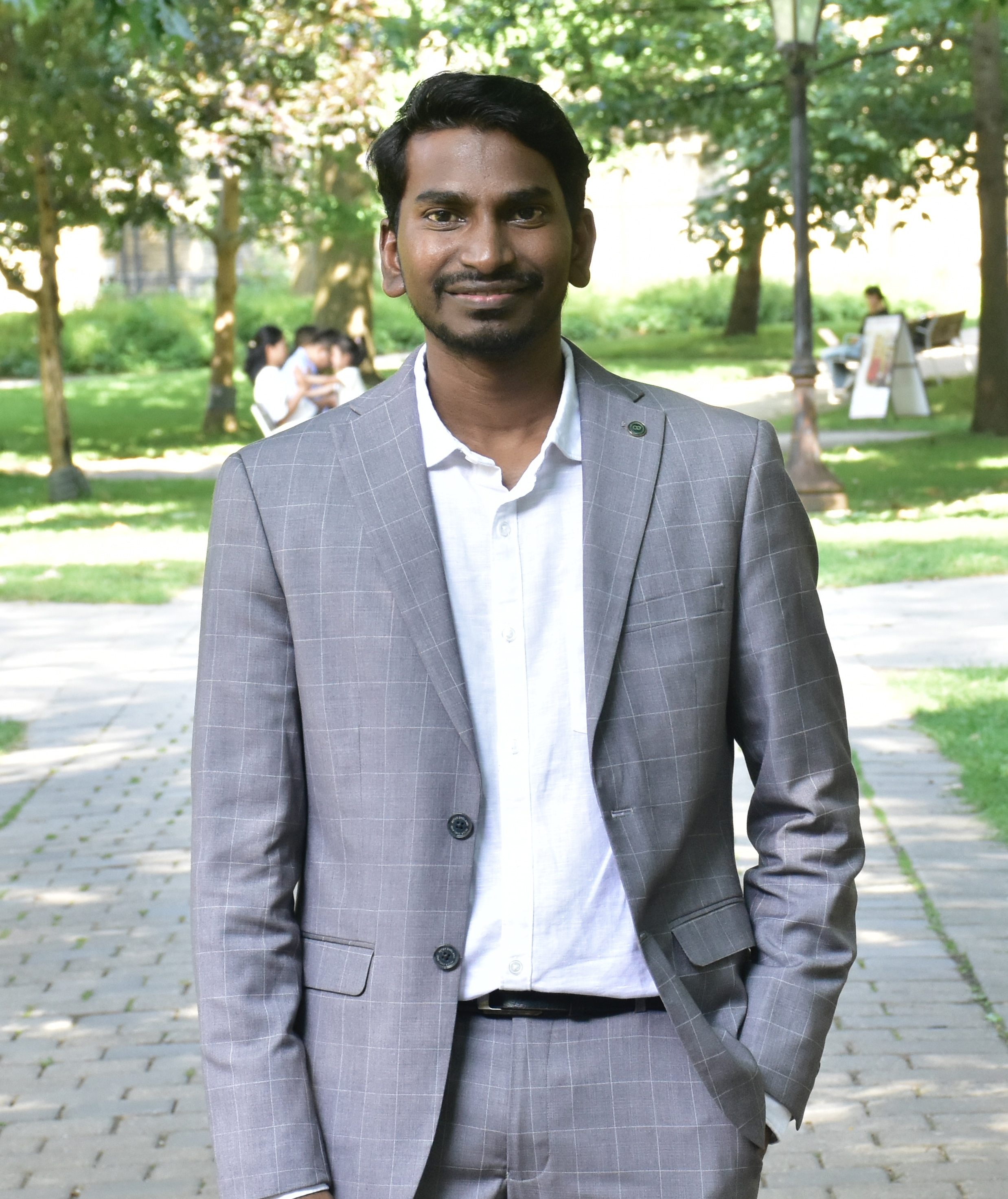
Inakoti Veera Prasad, Central University of Andhra Pradesh
Dr. Inakoti Veera Prasad is an Assistant Professor in the Department of Computational Social Science at Central University of Andhra Pradesh (CUAP), India. He holds an M.Phil and Ph.D in Population Studies from the International Institute for Population Sciences (IIPS), Mumbai. His research interests include Mobility, Migration, Social Networks, Urban Development, Gender, and Public Policy.
Li Qian, Arizona State University
Qian Li is a PhD candidate at Arizona State University whose research focuses on communication technology, social media, and misinformation studies. She primarily employs quantitative methods, such as topic modeling and social network analysis. Her dissertation examines the role of influential activists in driving gun control activism, as well as the agenda-setting patterns, emotional dynamics, and network structures that emerge within digital spaces.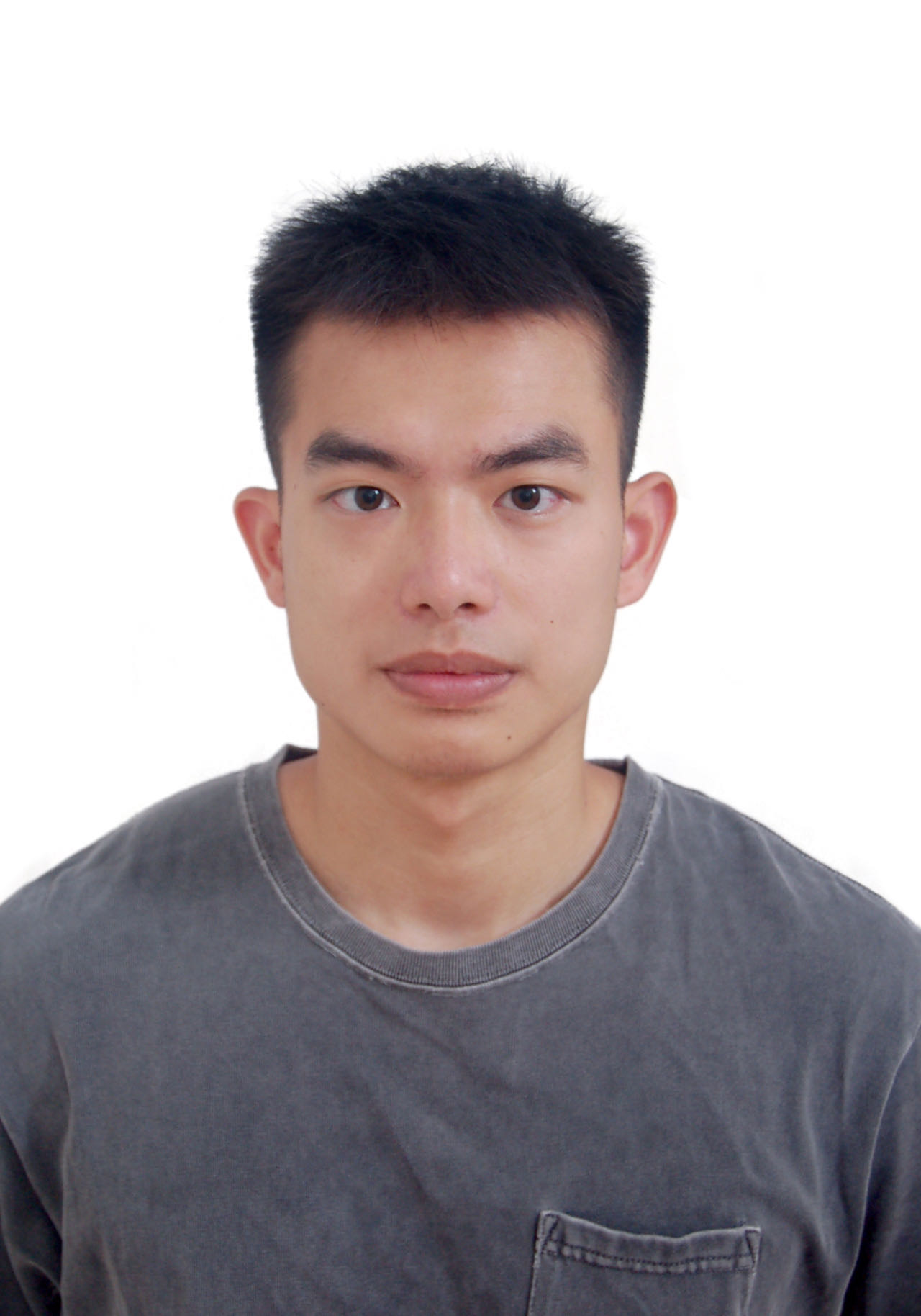
Liang Kaijie, Hong Kong Baptist University
Liang Kaijie is currently a Ph.D. student in the Department of Government and International Studies at Hong Kong Baptist University, with primary research interests in political communication and artificial intelligence (AI) policy. His current research includes two major projects. The first project identifies strategic reputation dimensions (technical, moral, performative, and procedural) and visual elements that significantly enhance audience engagement. The second project investigates how AI and digital transformation influence public value creation in local governments.
Liu Liu, National University of Singapore
Liu Liu is a Postdoctoral Research Fellow at the AI Centre for Educational Technologies, National University of Singapore. Her research focuses on AI-assisted teaching and learning, with interests in cognitive development, educational innovation, and learning analytics. She holds a PhD in Education from Tsinghua University.
Liu Yuxuan, North China Electric Power University
I obtained my M.A. in Broadcasting and Television from the Communication University of China in 2021 and earned my Ph.D. in Political Communication from the China University of Political Science and Law in 2024. Currently, I have been serving as a lecturer at North China Electric Power University, where I teach undergraduate courses such as “New Media Marketing” and “Social Media Operations.” My research interests include political communication, public opinion and discourse, AI-generated intelligent communication, and data journalism in the context of crisis management.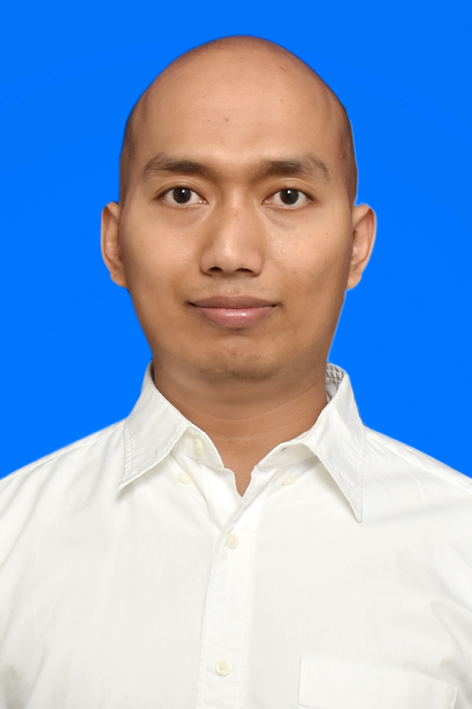
Muhammad Al Atiqi, Indonesian International Islamic University
Al is a lecturer in the Faculty of Social Science at UIII. His research interest is in agent-based modeling for social simulation. He is in charge of classes related to quantitative methods in the Master in Public Policy focusing on Climate Change program.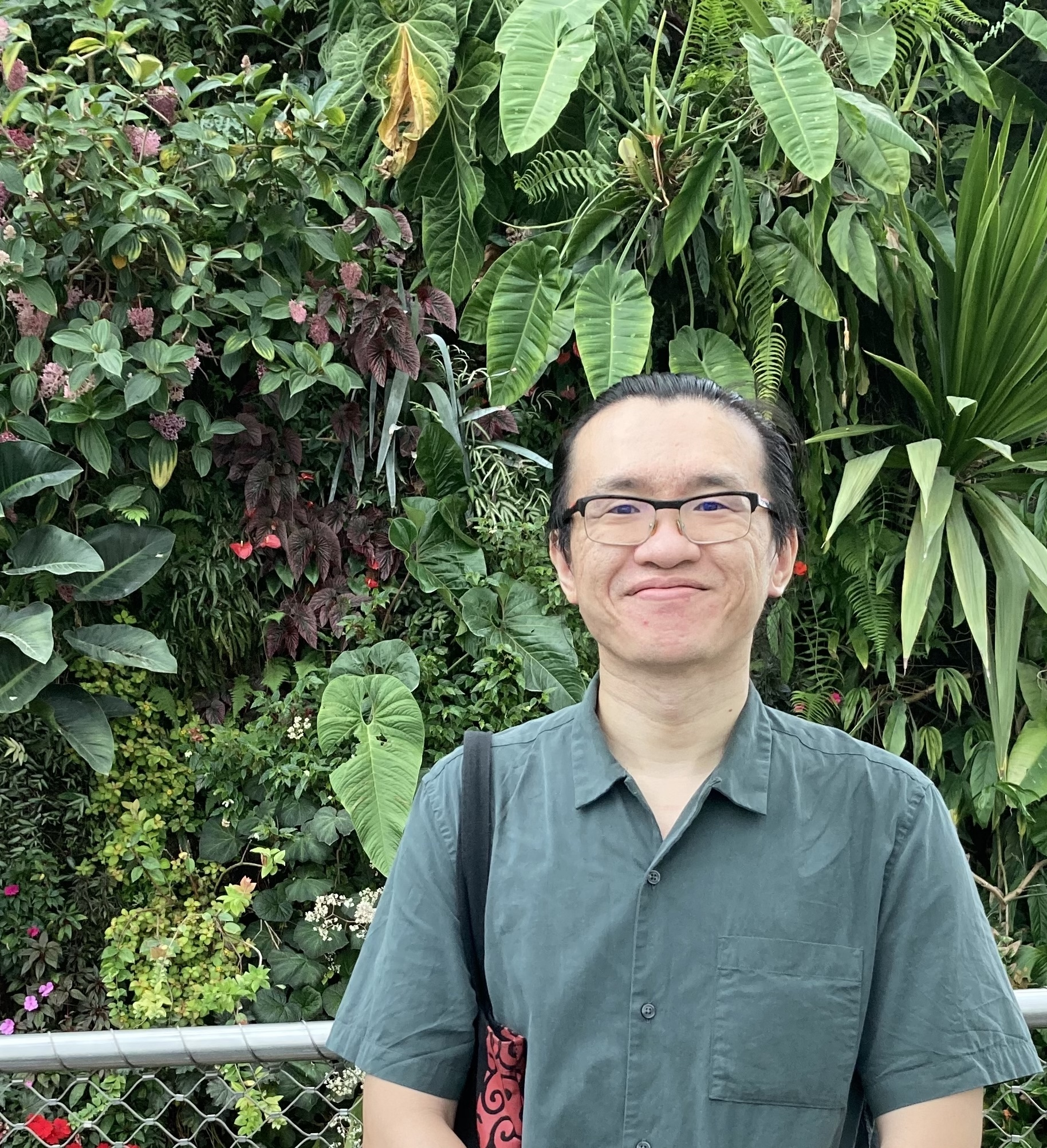
Shen Zheng, National University of Singapore
Zheng Shen is an Assistant Professor at the Department of English, Linguistics, and Theatre Studies, National University of Singapore. He works toward deepening our understanding of human linguistic capacity with cross-linguistic data collected using different methods.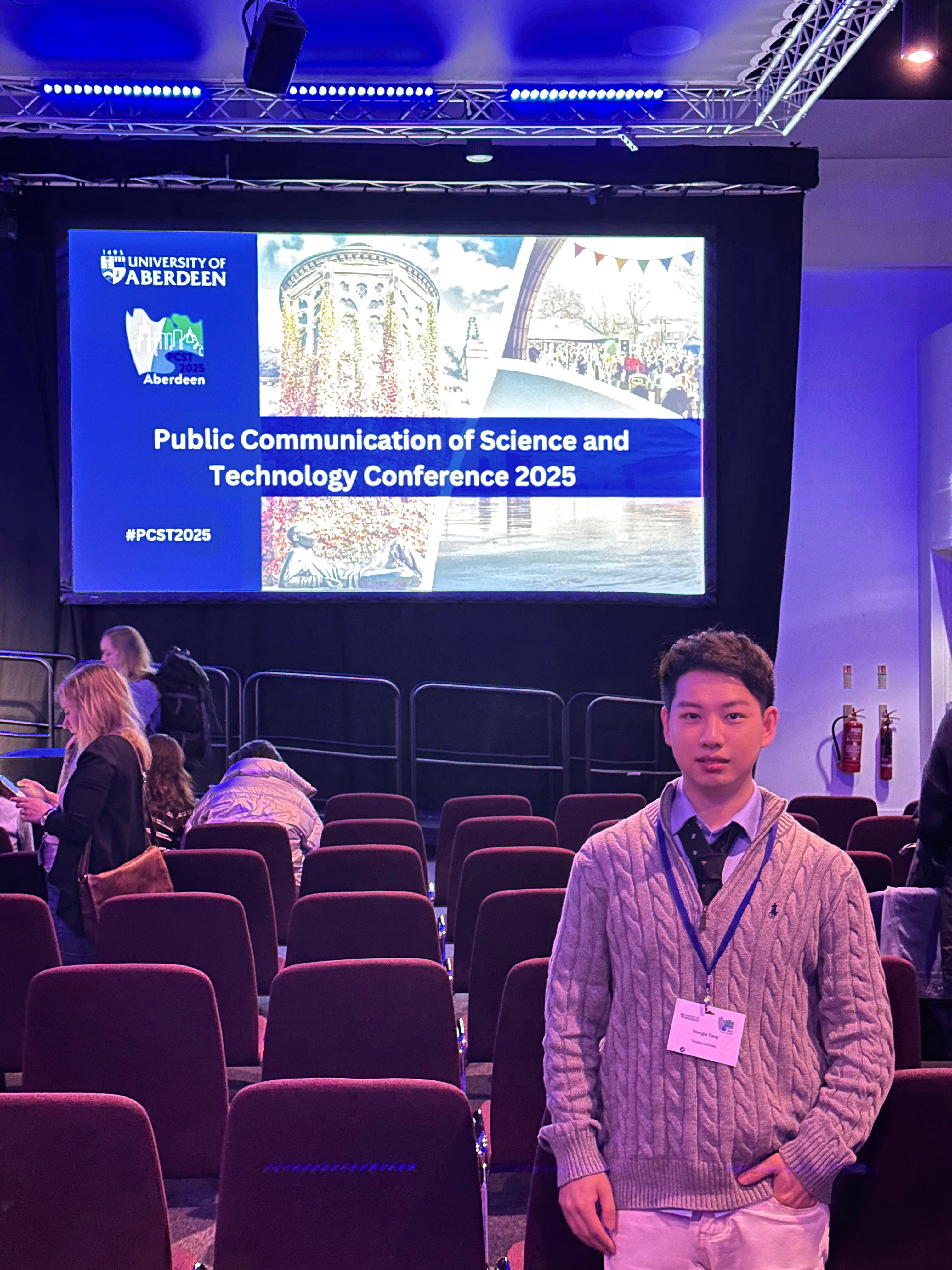
Tang Hongjie, Tsinghua University
Hongjie Tang is a doctoral candidate in the School of Journalism and Communication at Tsinghua University, China. His research centers on strategic communication across sustainability domains, including health, environmental, and science communication. He investigates multi-level determinants of public responses to online misinformation and examines the evolving dynamics of human–AI information interactions, particularly in the contexts of health and environmental challenges.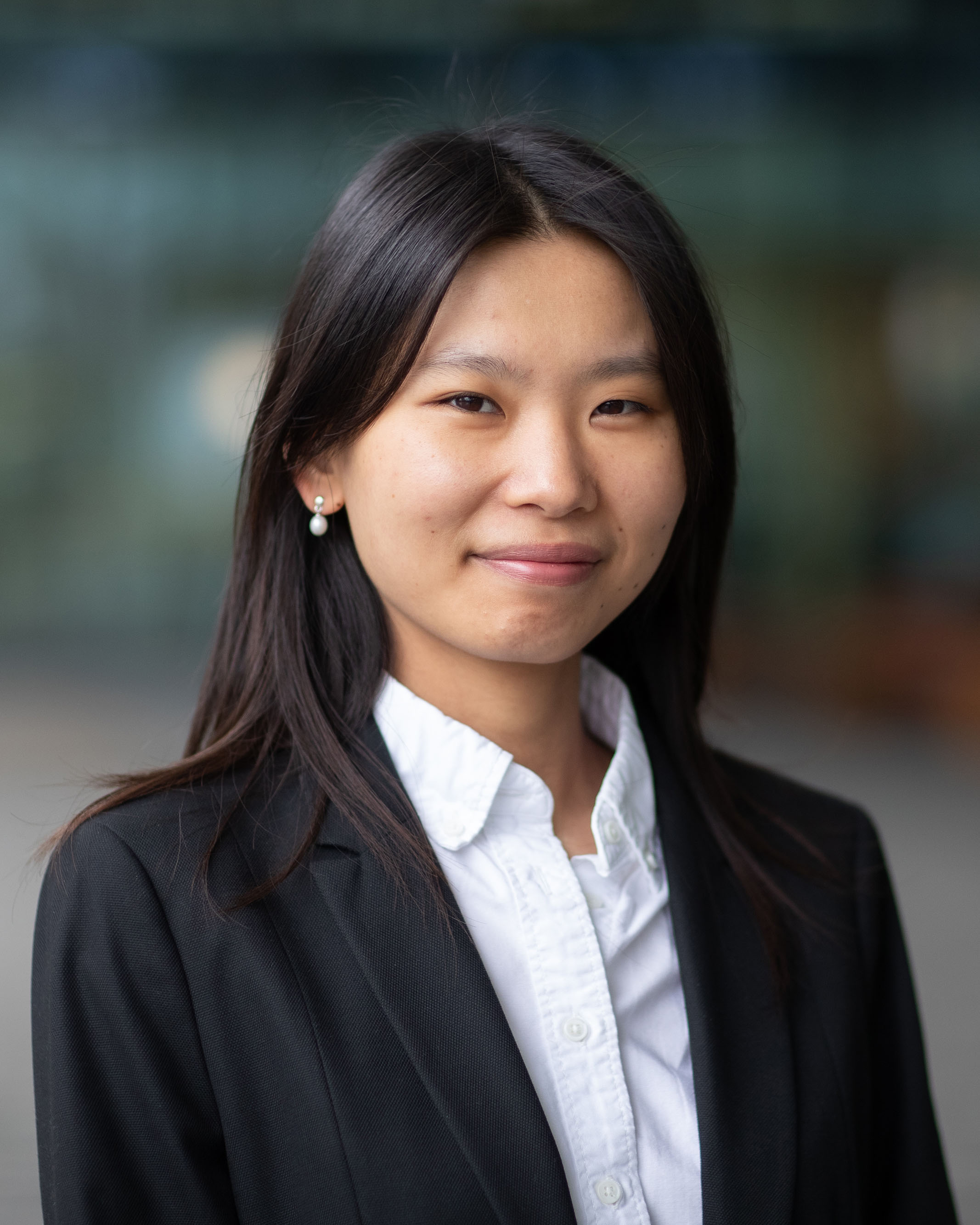
Yang Nan, Dutch National Organization for Applied Research
I am a researcher at the Dutch National Applied Research Organization (TNO) and a guest researcher at Eindhoven University of Technology. My work lies at the intersection of empirical software engineering, legacy system modernization, and open-source ecosystems. I mine software repositories, conduct surveys and interviews, and perform experiments, exploring both social and technical aspects of software development in industry and open-source contexts.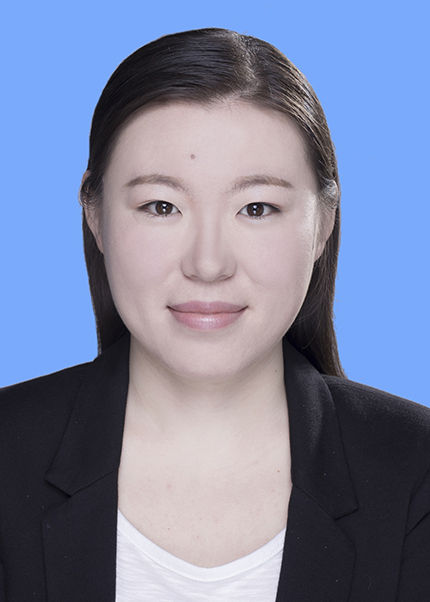
Yang Yang, Beijing Technology and Business University
I am currently a Lecturer in the Department of Management Science and Engineering at Beijing Technology and Business University. I hold a Ph.D. in Business Management from the University of Science and Technology of China, with joint training at the University of Washington. My research focuses on the business applications of artificial intelligence.
Zhang Gengrui, University of Southern California
I am a PhD student in quantitative psychology and computational methods. My research interests are mainly about latent variable modeling (e.g., structural equation modeling, longitudinal data analysis), AI for social science, and testing fairness (e.g., measurement invariance). During my leisure time for fun, I love watching Korean TV series and doing street dance (e.g., hip hop and choreography)